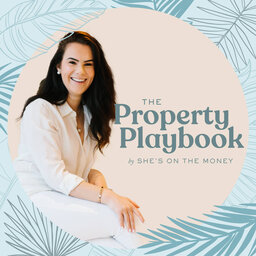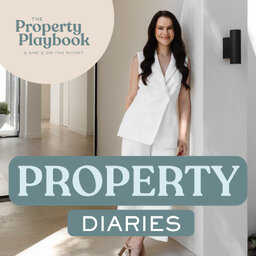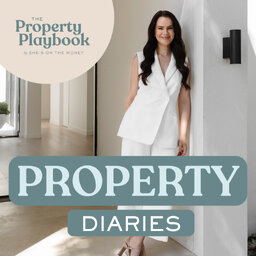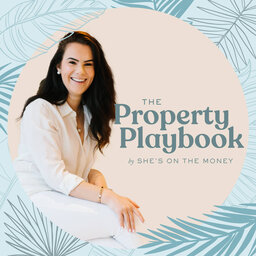Building With A House & Land Package
House and land packages are a popular option for people who want more control over the look of their new home. But what does that process look like and what do you need to know before you start on that journey? On this episode, Jessica Ricci is joined by Ellen Nurse, a New Homes Consultant from Homebuyers Centre. Ellen explains how house and land packages work and what's involved, so you can make an informed choice.
Acknowledgement of Country By Natarsha Bamblett aka Queen Acknowledgements.
The advice shared on The Property Playbook is general in nature and does not consider your individual circumstances. The property Playbook exists purely for educational purposes and should not be relied upon to make an investment or financial decision. If you do choose to buy a financial product, read the PDS, TMD and obtain appropriate financial advice tailored towards your needs. Victoria Devine and The Property Playbook are authorised representatives of Money Sherpa PTY LTD ABN - 321649 27708, AFSL - 451289.
In 1 playlist(s)
The Property Playbook
Join She's On The Money host Victoria Devine and aspiring homeowner Jessica Ricci for expert insight…Social links
Follow podcast
Recent clips

BONUS EPISODE: Property with She's On The Money Book!
40:15

PROPERTY DIARIES: Setting Yourself Up For Life
28:09

PROPERTY DIARIES: A Little Bit of Everything
21:40
 The Property Playbook
The Property Playbook